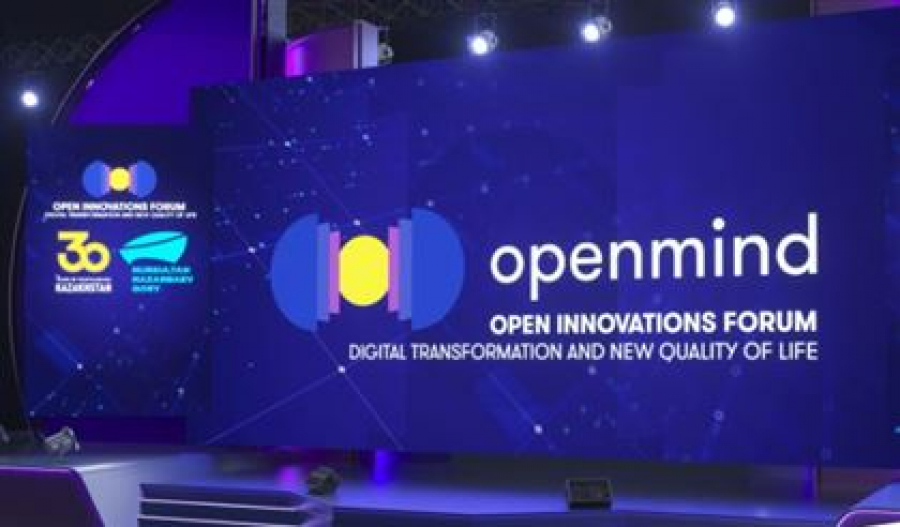
Schools in the UAE,
the UK, Sweden, Turkey, Serbia, and CIS countries are planning to implement a
Kazakh-developed program to teach children programming on smartphones. The
startup is currently successfully operating not only in Kazakhstan but also in
South Korea, Azerbaijan, and Uzbekistan. Thus, in South Korea, the system is
already in use in five schools, with 500 more ready to adopt it as well.
Additionally, 3,000 educational institutions in Azerbaijan and 10 in Uzbekistan
are awaiting its integration. The project attracts more potential users due to
simple and user-friendly technology, according to the creators.
“We offer the
basics of programming, and it’s actually quite convenient using mobile
programming at this stage. If you remember, in the past, all computer games
were played on PCs, but now they have transitioned to mobile devices.
Everything we used to do on a PC, we now do on a smartphone, including video
editing, thanks to the rise of mobilography. I mean, no one could have even
imagined this before. Therefore, making the user experience convenient is also
one of our key priorities. Children using our application have not encountered
any inconvenience or discomfort so far. It is quite user-friendly for
children,” Zhanadil Taldybayev, founder and CEO of the startup, said.
In just two years
of existence, the company has transformed from a small startup to a
full-fledged product. The developers have made the system available for adults
as well.
“Our company’s mission is to make IT skills accessible to everyone, not just for those pursuing a career in programming. Whether you are a doctor, designer, architect, or lawyer, learning the basics of programming is essential for success, especially with the development of artificial intelligence,” Taldybayev added.
Alongside the mobile app, a robotics-based kit for creating smart gadgets has also been launched. A specialized resource has been developed to monitor the learning process of schoolchildren and enhance teachers’ qualifications.









